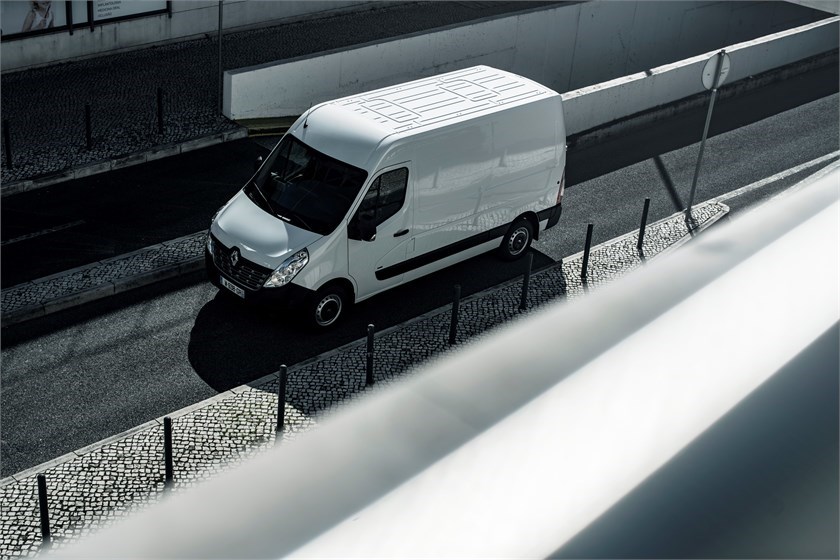The Department for Transport (DfT) has today confirmed that drivers who hold a category B driving licence are now able to operate alternative fuel vans, weighing between 3.5 and 4.25 tonnes, provided they complete a minimum of 5 hours additional relevant training.
The new law comes as part of the Government’s commitment to encourage the transition to ultra-low emission vehicles, as set out in the Road to Zero Strategy.
Future of mobility Minister Jesse Norman said: “The Government’s Road to Zero Strategy sets out our ambition for all new cars and vans to be effectively zero emission by 2040.
“By changing these driving licence requirements, we are seeking to support business owners by enabling them to use alternatively fuelled vehicles more easily.”
The change will enable vehicles to be driven on a Category B (car) licence, the same as vans up to 3.5 tonnes, rather than requiring a C1 licence (<7.5 tonnes). It also means alternative fuel van drivers are exempt from operator licensing requirements.
Fleets will then be able to switch to electric, range extender, plug-in hybrid, hydrogen fuel cell, compressed natural gas and liquefied petroleum gas vans where the wright exceeds 3.5 tonnes without having to invest in drivers getting a C1 licence.
The van must be used to transport goods and it only applies within Great Britain (but not Northern Ireland).
Commercial Fleet previously highlighted how, despite making the initial announcement in 2017, fleets have been holding off procurement decisions on alternative fuel large vans because the Government hadn’t actually finalised the training course.
Changes to the licence requirements for alternative fuel vehicles (AFVs) can be read by clicking here.






















Login to comment
Comments
No comments have been made yet.